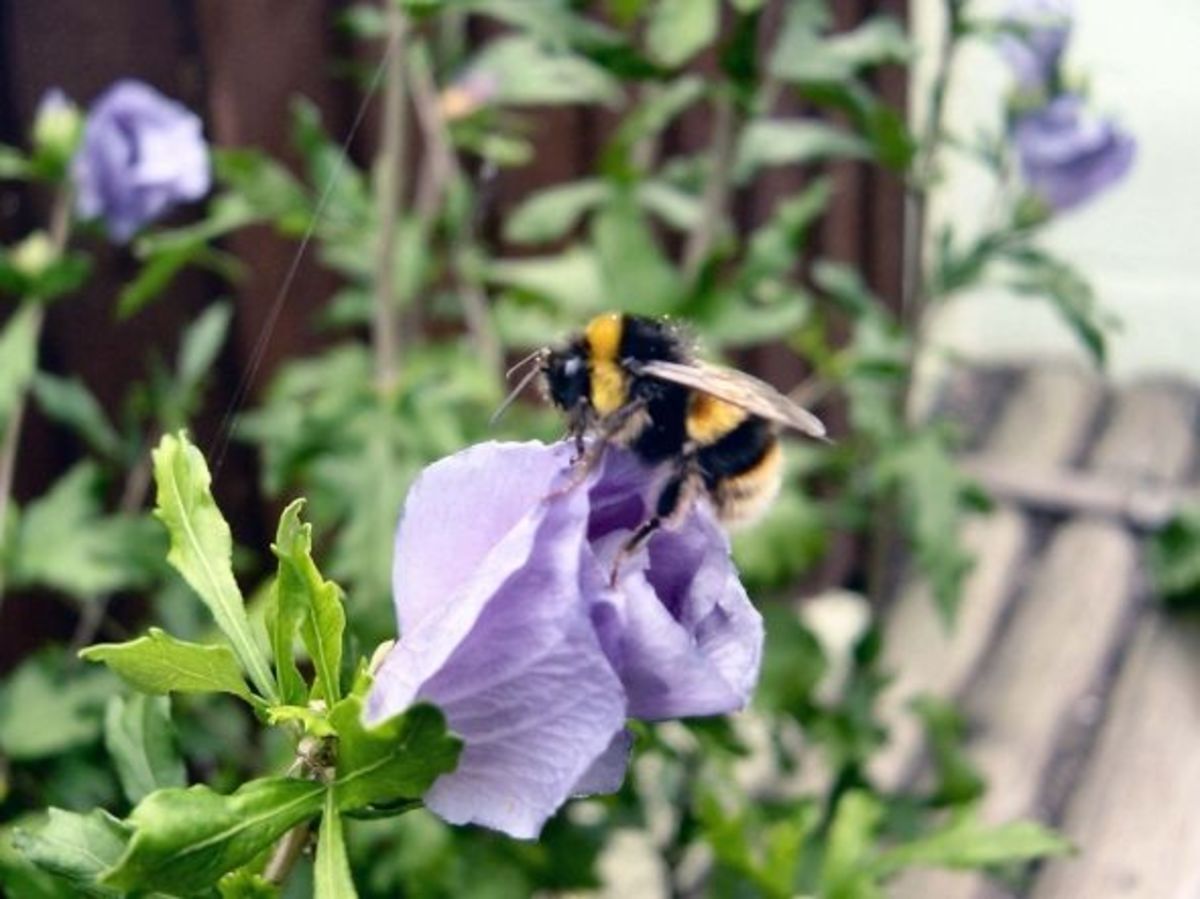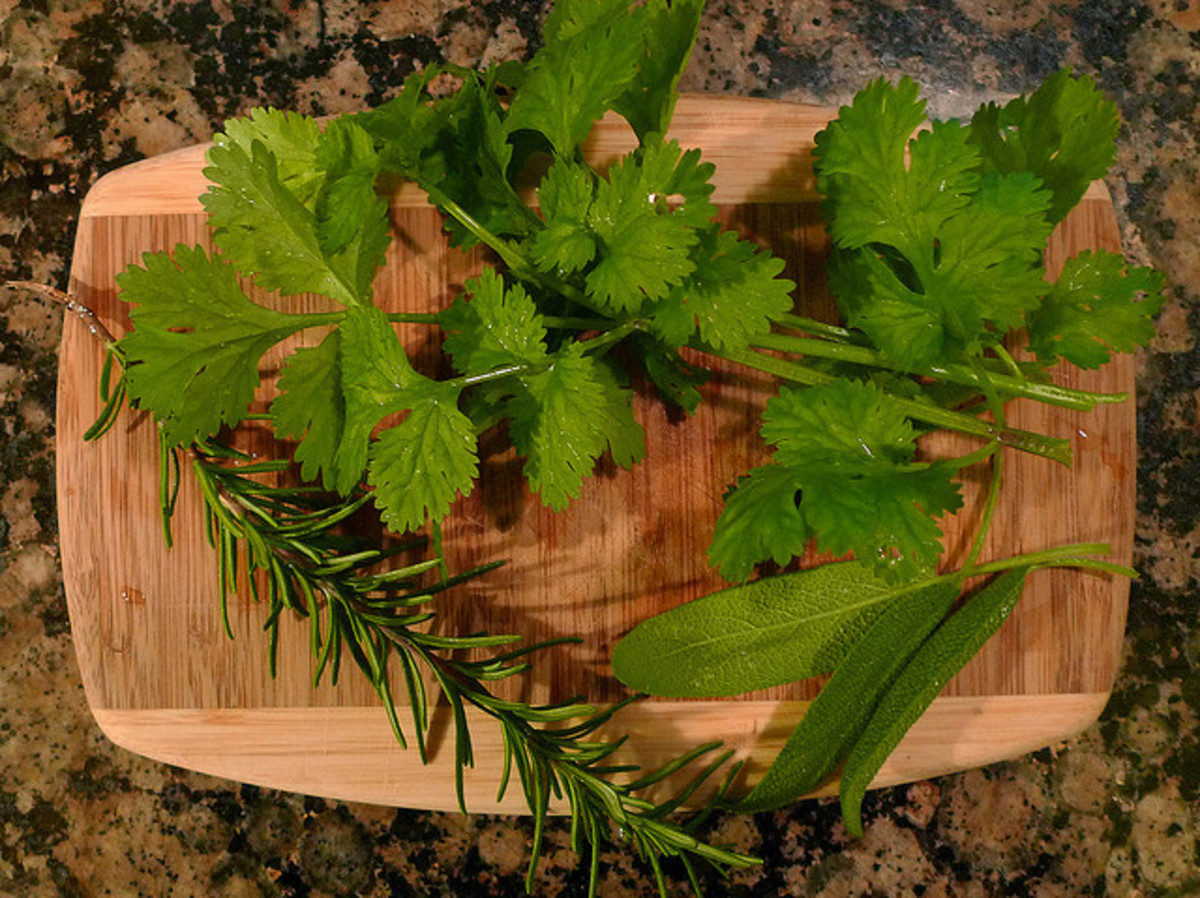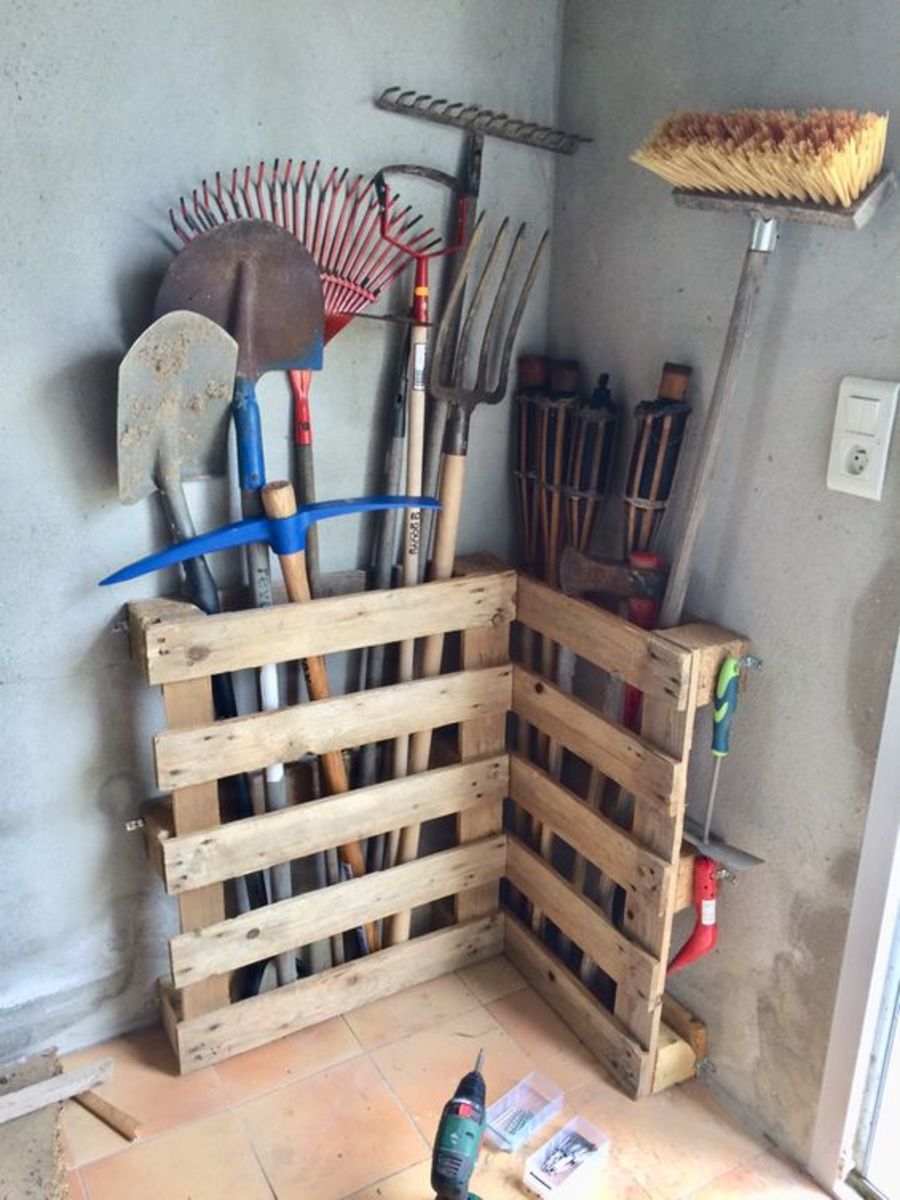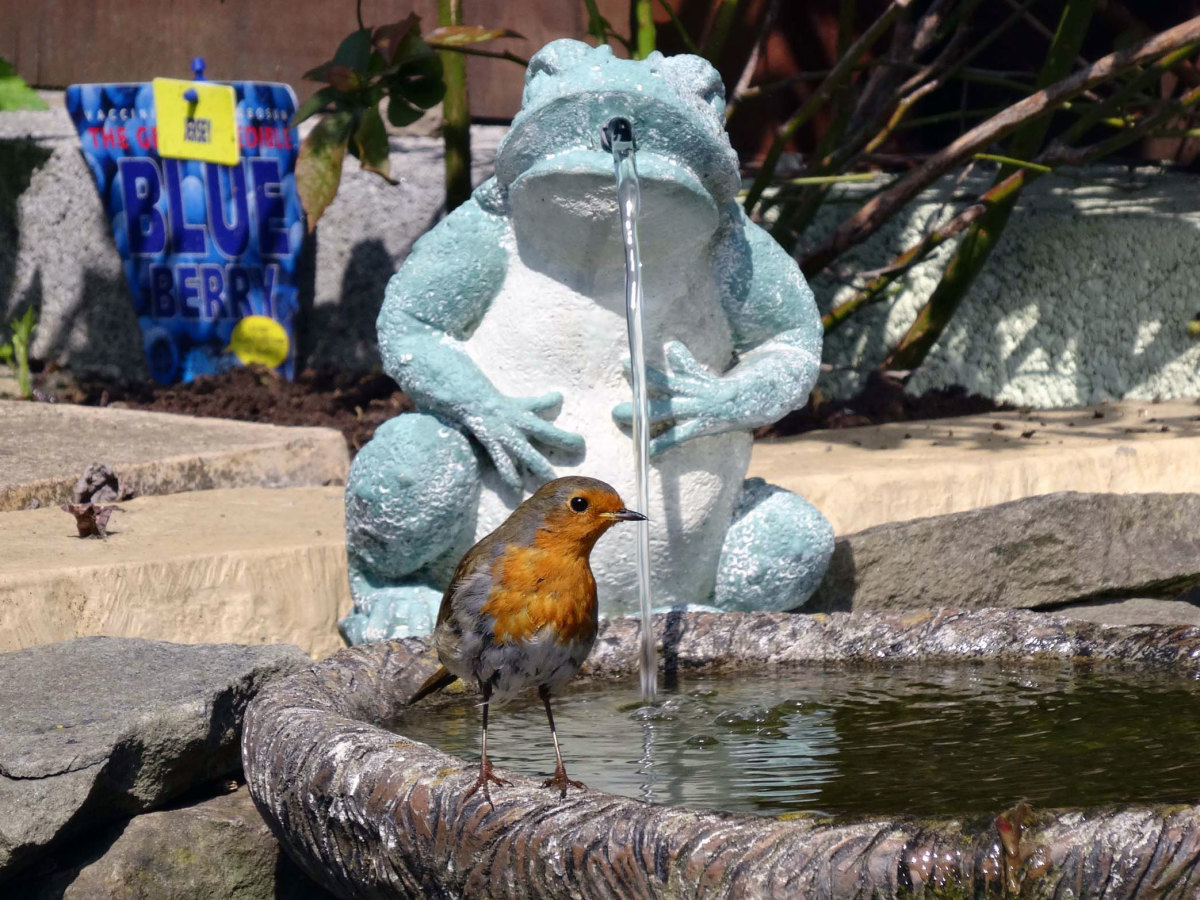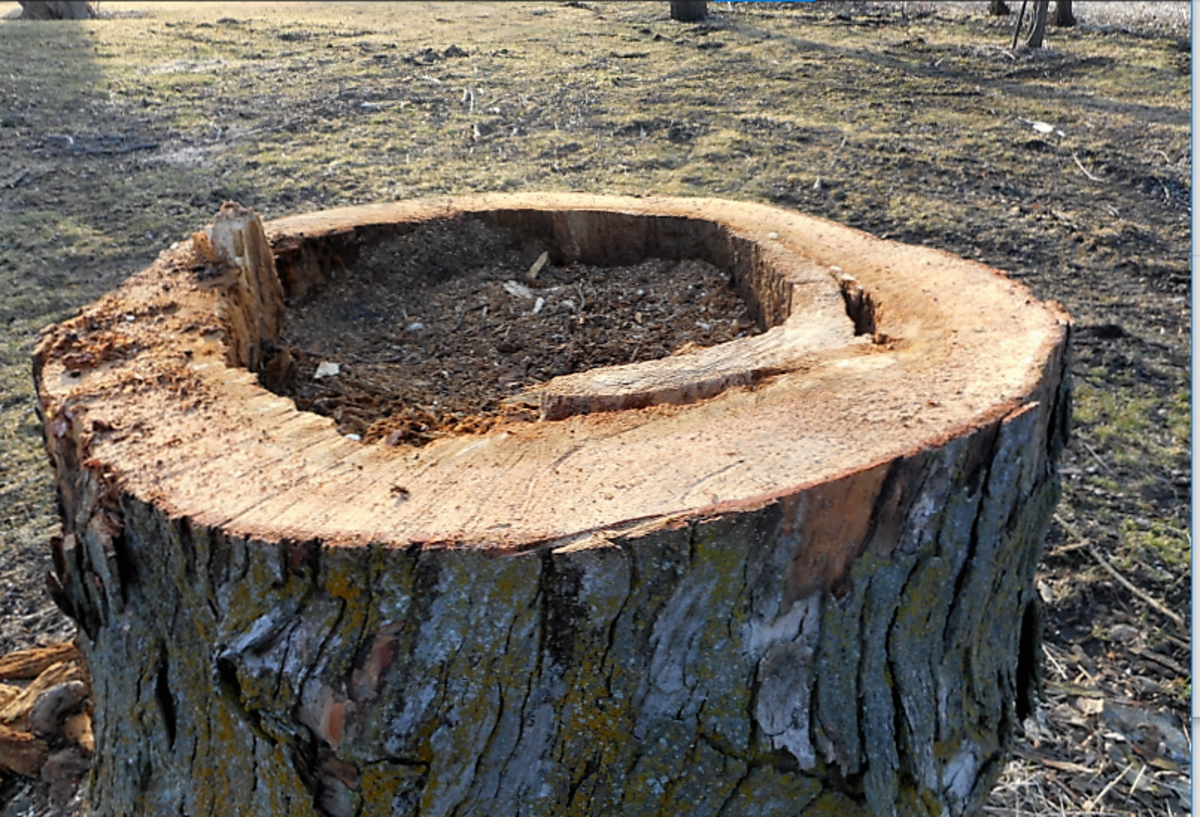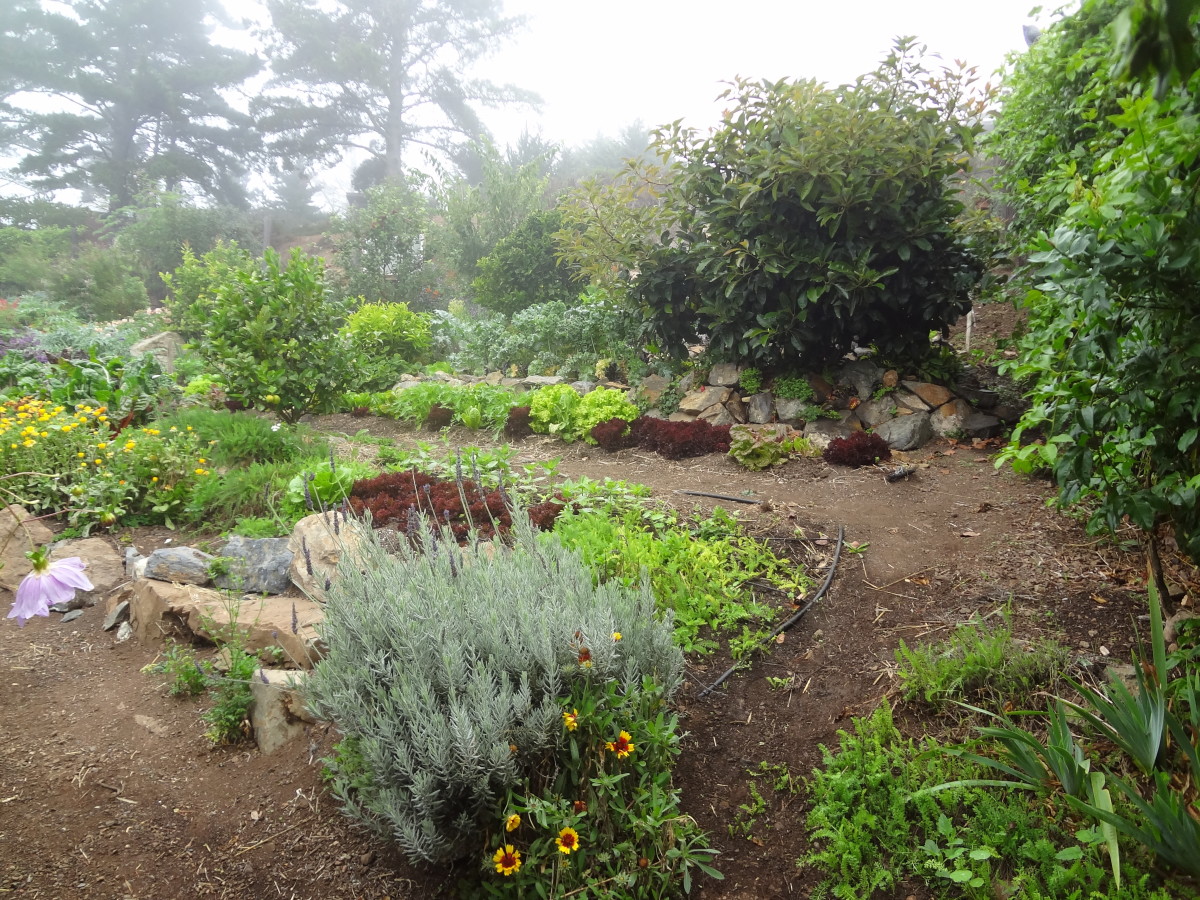- HubPages»
- Home and Garden»
- Gardening»
- Organic Gardening
How to Build Your Own Herb Garden
Having your own herb garden gives you the chance to make healthier and more flavorful dishes by giving you access to fresh herbs to use for your food preparation. For individuals who enjoy having the best and freshest ingredients in their dishes, having an herb garden will be of great benefit. Not only is it very convenient to have one nearby while cooking, it gives one the creative expression to improvise and experiment in the kitchen.
What to Plant in Your Herb Garden
One of the first steps in making your own herb garden is knowing which herbs you want to plant, and when to best plant them to achieve optimal growth. For beginner gardeners, planting herbs which grow easily and don’t require much looking after is the best way to go. Here are some of the most common herbs planted in a personal herb garden:
- Basil – Great for adding to pasta dishes and other sumptuous meals, basil is a highly popular herb which can be used to add that warm and spicy flavor to meals. It would be best to plant the seeds in early spring if you have a greenhouse or place it near a sunny window instead. You can transplant seedlings in early summer or if you prefer, just plant the seeds straight to your plot in late spring.
- Lavender – It can be grown in well-drained soil and in areas of full sun. The blooms and leaves can be used for teas and even for aromatherapy purposes.
- Chives – Not only do chives add that distinct flavor, they also have dainty blooms which would add some color to your garden. You can easily plant these perennial plants and they will thrive in spots of your garden that have a lot of sunlight.
- Dill – Grow your dill in an area with full sun to allow them to grow and blossom. By letting some seeds mature on the plant, you will be able to see some additional sprouts that have been reseeded naturally.
- Coriander – You can use seeds for flavoring your meats, and the young leaves or cilantro for soups and other dishes. Sow the seeds during the early spring in ¼-inch deep rows which are a foot apart. Once you get established seedlings, you can transplant them within 6 inches of each other.
- Fennel – Plant about 3-4 seeds in midspring and place them in ¼-inch deep rows which are 18 inches apart. These herbs can be used for fish sauces, salads, and for flavoring veal or pork.
- Garlic – Plant garlic cloves in the late summer and mulch them over the winter. This will give you your harvest in the following summer. They can grow in full sun or even in partly shady areas. These herbs are used for sautéing and adding that trademark flavor and aroma to many dishes.
- Mint – Used for teas, desserts, salads, or for seasoning some meat dishes among others, mint can be planted in spring or autumn and would benefit from being planted in the more moist areas of your garden. They also require more watering.
- Parsley – Used for garnishing, soups, stews, omelets, and meats, parsley can be planted in midspring so you can harvest in summer. Soak your parsley seeds overnight and spread them thinly over the ground, covering them just a little.
- Sage – Used for poultry stuffing and for flavoring sausages and other meats, sage can be grown in the early spring and established seedlings can be planted a foot apart from each other.
- Thyme – Plant seeds in midspring in shallow rows which are a foot apart. Once you have established seedlings, you can plant them 6 inches apart. The leaves can be used for flavoring meats and can be sprinkled over soups and rice.
- Oregano – You can buy some potted oreganos and propagate them through stem cuttings, or buy some seeds which you can plant in the spring. It can be used for pasta sauces and for flavoring meats as well.
- Rosemary – This evergreen can grow in hot and dry conditions of the summer and can be used as a strong herb for flavoring pastas, meats, and soups as well. It can be planted in pots to be taken in during the winter.
Building Your Herb Garden
Your herb garden will only be good if you have rich fertile soil. Ideal soil for planting any kind of herb would be loam, and you should loosen up the soil first while checking the overall condition. Should you notice any deficiencies, you can enrich the soil before planting any of your seeds. You can do this by using fertilizer or organic compost and mixing up the soil really well. Remove weeds and stones from your soil too.
You can determine the size of your plots by having a fence or some bricks mark the borders of your herb garden. This makes it look more organized. Once you’ve plowed up your soil, you can raise some plots where you’ll be planting your seeds. A plot for each kind of herb would be great. The spaces in between each plot can range from 6 inches to a foot apart depending on how much space you have. If you want, you can also have pots which you can easily move around when you’ve grown your seedlings.
You will benefit from having your garden in full sun, but if you have herbs which need some shade, building your garden near a wall or a place where the shadow of your home or trees hits the ground would be good for them. Also, make sure your garden is close to your kitchen so that you can easily head out and get your herbs.
Benefits of Having an Herb Garden
- Fresh and more flavorful herbs. This is one of the top benefits of having your own herb garden that you can’t get from just buying dried herbs.
- Save money on buying expensive bottled and dried herbs. You can sun-dry your own herbs when you begin harvesting!
- You can use fresh herbs for healthy tea preparation. Mint, oregano, and the other herbs can be made into healthy therapeutic herbal teas.
- Ease of access to otherwise unavailable herbs. If you ever run out of your dried herbs, you can run to your garden and use fresh ones!
- Healthy food preparation backed up by the medicinal properties that these herbs bring. Adding fresh herbs retains more of the nutritional value they have so it would be highly beneficial in this regard as well.
Reminders for Maintaining Your Herb Garden
Regularly weed out your garden and be mindful of tending to those which need more watering such as mint and oregano. In summer, you can water more often to avoid drying up your herbs which could lead to their death. Avoid using pesticide or herbicide if you can so you can have a completely organic garden.
When transferring seedlings, it is optimal to do it in cool weather, and remember to sprinkle the soil with some water after you transplant the newly established seedlings to help them have more anchorage. Decapitate flower heads to avoid over seeding in your plot, or let some remain to allow them to naturally reseed the garden. This usually happens to chives and fennel, so be watchful when they begin flowering to avoid over seeding the plot.
It takes some work to have an herb garden, but with the benefits and fresh wholesome goodness that the herbs bring, you won’t regret putting some work into it.

